In the ever-evolving landscape of global economics, few phenomena strike as much fear and uncertainty into the hearts of citizens and policymakers alike as currency devaluation. In Nigeria, this fear has taken on a particularly troubling form in recent years, as the value of the Naira has plummeted, reaching a grim milestone of N1000 to the US Dollar in the black market. This downward spiral has raised questions about the sustainability of such devaluation and its implications for the country’s economic stability.
Nigeria’s Naira Hits a Record Low
Nigeria’s currency, the Naira, hit a record low on the black market, sending shockwaves through the nation’s economy. On a fateful Tuesday, traders reported a staggering exchange rate of 1,000 Naira to the US Dollar. This alarming devaluation was attributed to a combination of unmet foreign-currency demand on the official market and rampant speculation that added to downward pressure on the Naira.
Join our WhatsApp ChannelThe black-market Naira rate was trading at a nearly 30% premium over the official exchange rate, according to quotes on abokiFX, a firm that publishes online black-market exchange rates. At that time, the official selling rate stood at 781 Naira to the dollar, showcasing a significant gap between the official and black-market rates. Just a week earlier, the black-market rate had reached 980 Naira to the dollar, illustrating the rapid and troubling depreciation of the Naira.
Africa’s largest economy has been grappling with severe dollar shortages and a complex web of exchange rates that have thwarted much-needed foreign investment. President Bola Tinubu, in his inaugural speech on May 29, criticized the country’s central bank, calling for a comprehensive overhaul of monetary policy.
READ ALSO: Dollar Surges To N810 In Official Market, Parallel Traders Maintain Rates Above N1000
Shortly thereafter, on June 14, the Central Bank of Nigeria (CBN) announced a major shift in its foreign exchange (FX) market policies, unifying all segments of the market. This move effectively replaced the old regime of multiple exchange rate “windows” for different purposes with a single market rate. However, this shift had immediate consequences, causing the Naira to fall by 36% against the dollar on the official market.
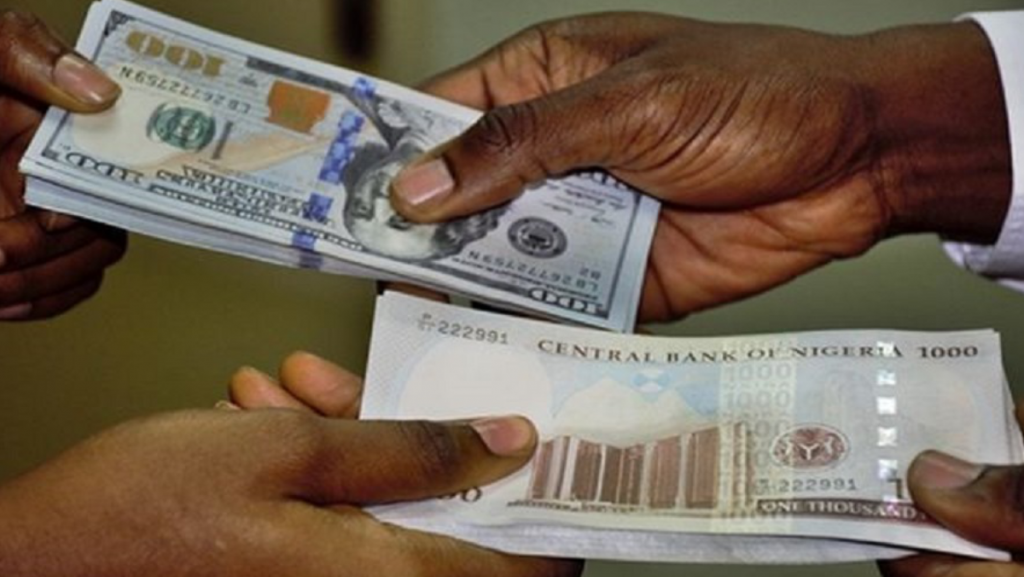
The currency had already been gradually weakening since Tinubu came to power in late May, around two weeks before the devaluation. Tinubu’s decision to devalue the Naira and remove a costly fuel subsidy received significant support, given the backdrop of sluggish economic growth, mounting public debt, and declining oil production.
Understanding the Implications of Devaluation
Devaluation, as explained by the International Monetary Fund (IMF), entails making a domestic currency less expensive than other currencies. This has two primary implications. Firstly, it makes a country’s exports relatively less expensive for foreigners, potentially boosting exports. Secondly, it makes foreign products relatively more expensive for domestic consumers, thereby discouraging imports and potentially reducing the current account deficit.
However, according to experts, as the Naira’s value continues to plunge, the consequences become increasingly evident and widespread. The ramifications of the Naira’s devaluation include:
- Inflation: Devaluation has led to soaring inflation rates, making basic goods and services more expensive for ordinary Nigerians. This puts immense pressure on household budgets and exacerbates poverty and inequality.
- Foreign Debt: Nigeria’s foreign debt burden has swelled due to devaluation. Repaying these debts becomes more challenging as the Naira loses value against foreign currencies, potentially leading to a debt crisis.
- Investment: Foreign direct investment (FDI) has dwindled due to uncertainty in the economic climate. Investors are cautious about committing funds to a country where currency devaluation is rampant and the business environment is unstable.
- Black Market Dominance: The thriving black market for foreign exchange undermines the official exchange rate, fosters illegal activities, and creates a parallel economy that erodes confidence in the government’s ability to manage the currency.
- Economic Growth: Sustained economic growth becomes elusive when currency devaluation hampers investment, productivity, and the ability to attract foreign capital.
The Downward Spiral and Its Root Causes
To understand the current situation, one must first examine the root causes of Nigeria’s currency woes. Historically, Nigeria has grappled with a fragile economic structure heavily reliant on oil exports. Oil constitutes a significant portion of the country’s revenue, making it highly susceptible to international oil price fluctuations.
When oil prices plummeted dramatically in 2014, Nigeria’s economy was hit hard.
The initial response to falling oil prices was to devalue the Naira, a strategy intended to make Nigerian exports more competitive and boost government revenues from oil sales. However, this strategy had unintended consequences, leading to inflation as the cost of imports soared due to the weaker currency.
The situation worsened due to factors such as political instability, corruption, and mismanagement of public funds. These issues eroded confidence in the Nigerian economy, discouraging foreign investment and causing capital flight. Consequently, the Naira’s value continued to decline, culminating in the current predicament.
Possible Solutions and the Road Ahead
While the situation may seem dire, there are potential solutions and strategies that Nigeria can employ to mitigate the effects of currency devaluation and, ideally, reverse the trend. Some of the possible solutions according to different experts are:
- Diversification: Reducing dependence on oil revenue by diversifying the economy is crucial. Investment in sectors like agriculture, technology, and manufacturing can create alternative revenue streams and buffer against oil price shocks.
- Fiscal Discipline: Implementing sound fiscal policies, reducing corruption, and improving public financial management can help stabilize the economy and reduce the need for excessive currency devaluation.
- Foreign Exchange Reserves: Building and maintaining substantial foreign exchange reserves can provide a buffer against currency fluctuations and bolster confidence in the Naira.
- Exchange Rate Policies: The Central Bank of Nigeria must adopt more transparent and market-driven exchange rate policies. A gradual shift towards a more flexible exchange rate regime could help align the official and parallel market rates.
- Investor Confidence: Restoring investor confidence is critical. This involves tackling corruption, improving the ease of doing business, and ensuring the rule of law. A predictable and stable investment climate will attract much-needed foreign capital.
- Education and Awareness: Educating the public about the benefits and drawbacks of currency devaluation can help citizens make informed financial decisions, reducing panic and speculative behavior.
- Infrastructure Development: Investment in infrastructure can enhance economic productivity and reduce the cost of doing business, making Nigeria more attractive to investors.
To uncover the underlying factors behind this relentless devaluation, Dr. Jonathan Ogbuabor, an economist from the University of Nigeria Nsukka (UNN) in an interview elaborated on the causes and why the devaluation is bound to continue.
Dr. Ogbuabor attributes the ongoing devaluation of the Naira to Nigeria’s declining productivity, resulting in insufficient foreign exchange earnings to support imports, a lack of foreign investments, and businesses relocating abroad. This has led to the Naira’s struggle to maintain its value in a floating exchange rate system, reflecting the impact of economic forces on the currency.
“At the root of the continued devaluation of the Naira is the fact that the Nigerian economy is increasingly becoming less productive,” Dr. Jonathan explained. “Thus, we are not earning enough foreign exchange to finance our imports, we are not attracting substantial foreign investments, and even existing businesses are exiting to other countries. So, what we are witnessing today is that the Naira, under a floating regime, is struggling to find its feet. It is the so-called ‘invisible hand’ at play, and we are not earning enough to support the domestic currency.”
Indeed, the grim reality of Nigeria’s economic woes is multifaceted. He pointed out several key contributors to the Naira’s depreciation, shedding light on the complexity of the issue.
“For now, I am yet to see any credible plan by the authorities to stem the tide,” Dr. Jonathan lamented. “The entire country seems to be enmeshed in insecurity, and it is severely impacting economic activities. To date, no one is being held accountable for oil theft in Nigeria. Again, thousands of Nigerians are continuously going abroad for Medicare, studies, religious pilgrimage, and so on. So, you can see that the pressure on the Naira is coming from many sources, but for now, I have not seen any significant action by the authorities to save the currency.”
In essence, the devaluation of the Naira is a multifaceted crisis, exacerbated by a confluence of factors that include a lack of economic diversification, insecurity, and a burgeoning demand for foreign exchange. Without a concrete plan to address these issues, the Naira’s struggle for stability may persist indefinitely.
A Complex Path Forward
While these solutions offer a glimmer of hope, it’s important to recognize that reversing currency devaluation is a complex and long-term endeavor. Success will require coordinated efforts from the government, businesses, and citizens.
In summary, the current state of the Naira, with the US Dollar trading at N1000 in the black market, reflects the culmination of years of economic mismanagement, overreliance on oil, and a lack of strategic foresight. However, with concerted efforts, Nigeria can reverse the trend of currency devaluation, restore investor confidence, and create a more stable and prosperous future for its citizens. The road ahead may be challenging, but it is not insurmountable, and the fate of the Naira lies in the hands of those who can enact meaningful change. The question remains: Will the devaluation ever end, or will Nigeria find a new path to economic resilience?
Emmanuel Ochayi is a journalist. He is a graduate of the University of Lagos, School of first choice and the nations pride. Emmanuel is keen on exploring writing angles in different areas, including Business, climate change, politics, Education, and others.





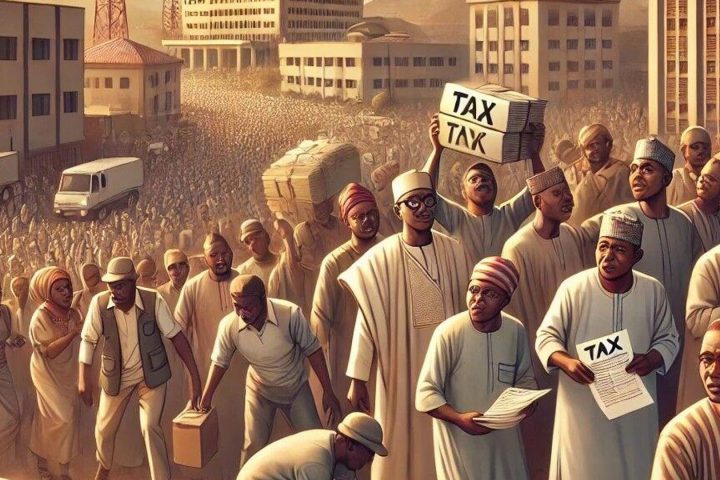
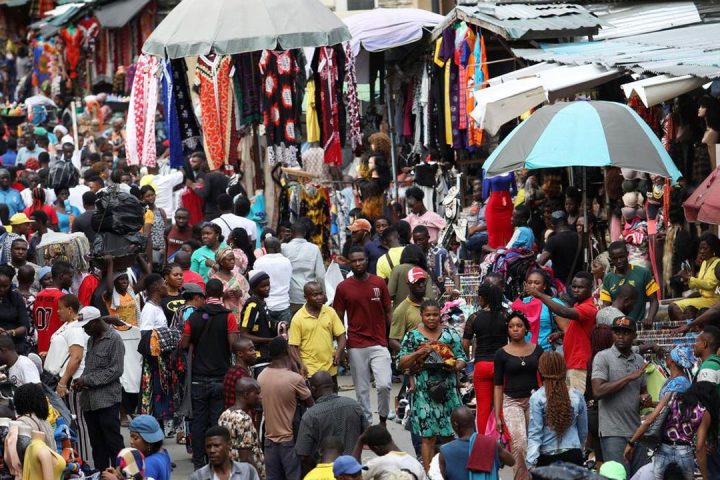
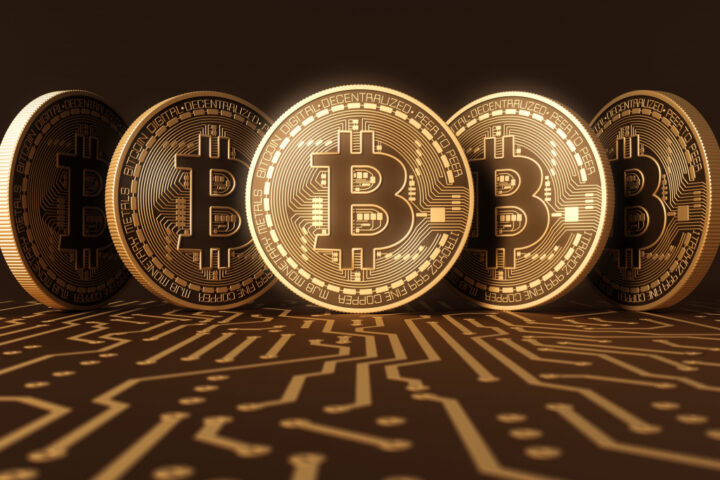

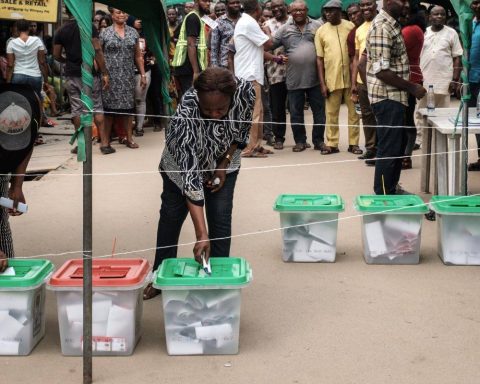
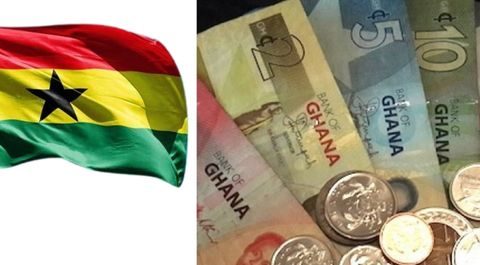
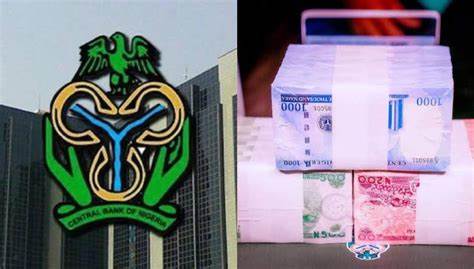




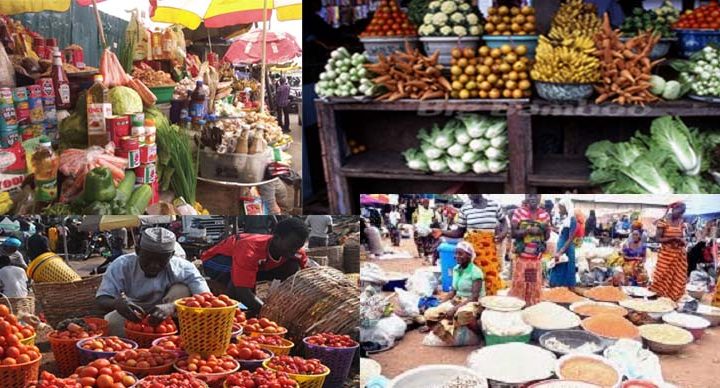
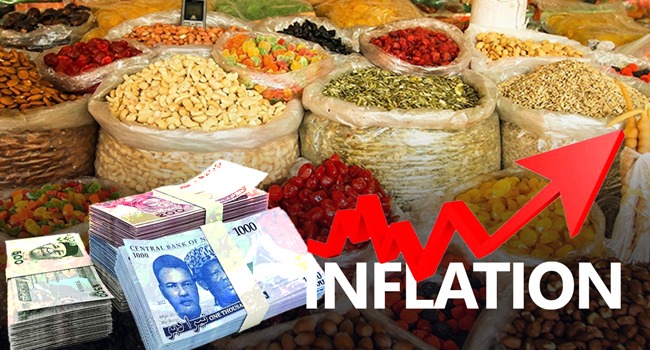
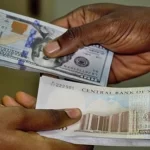
Follow Us